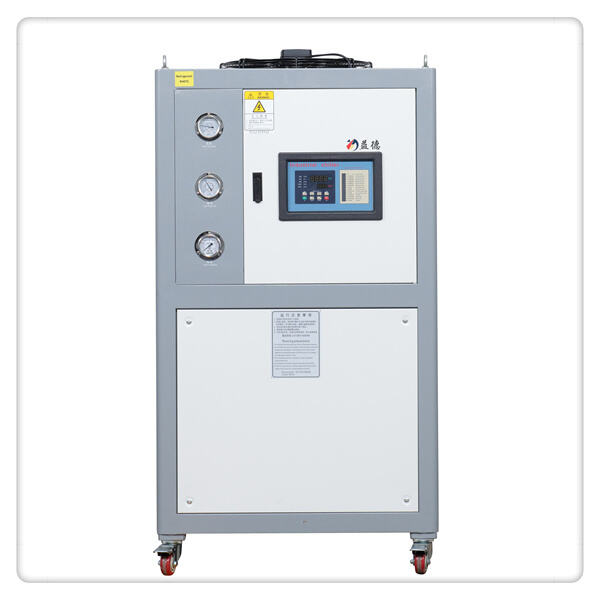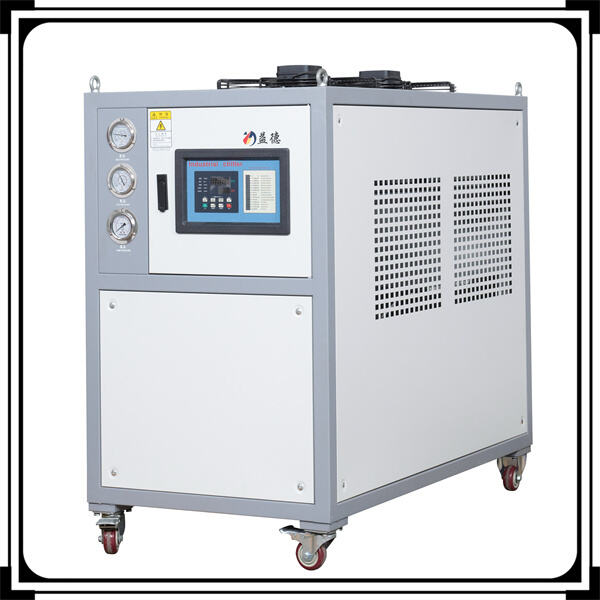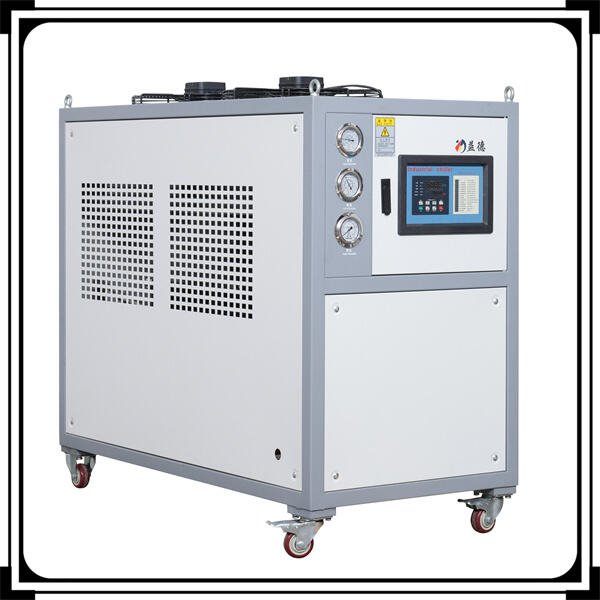The evaporator chillers feature a special technology by which things can be kept cool. Ever notice how those giant machines are able to create such cold air in factories and supermarkets? How evaporator coolers work and why you need one to stay cool!
The evaporator chiller is a machine designed to eliminate heat from the air by a process known as evaporation. This cycle begins with a liquid substance known as refrigerant that evaporates, or becomes gaseous, as it absorbs heat. The refrigerant is then recompressed and the heat is released, chilling the air in a circulatory fashion. This cycle repeats to ensure the air stays cold.
Evaporator fans have various components that collaborate to cool the air. The pressurized refrigerant gas is hot and it becomes a high pressure gas. Then the high-pressure gas cools off in the condenser and changes back into a liquid. Further the pressure is reduced when it is released from the liquid refrigerant by the expansion valve, at which point it evaporates, taking heat from the air in the environment. The cooled air is then expelled into the space by the evaporator, giving the illusion of cooling and comfort.

Evaporator coolers are widely used in industries as they are powerful in cooling large areas. They are also more eco-friendly when it comes to energy and greenhouse gas emissions compared to other methods of cooling. What's more, evaporator chillers are tailor made to suit your cooling requirement, meaning they are flexible and suited to a variety of sectors.

The use of evaporator chillers is more advantages over to other even cooling methods. Air conditioning plants, for instance, operate on the same principle, though evaporator chillers are generally more powerful and efficient models. Fans and ventilation are also a conventional means for cooling, but air is merely moved, not cooled. When it comes to huge industrial spaces, which need almost same temperature throughout, evaporator chillers are the best option.

In order to make sure that your evaporator chiller system works well and efficiently, there is a need to keep maintaining and servicing them. How to: Check the filters, coils, and fins, cleaning or replacing them as necessary to prevent blockages and airflow reduction. Also check the refrigerant levels and connections to be sure all is well. And booking in regular maintenance checks by a professional technician can catch and resolve any issues before they get bigger.